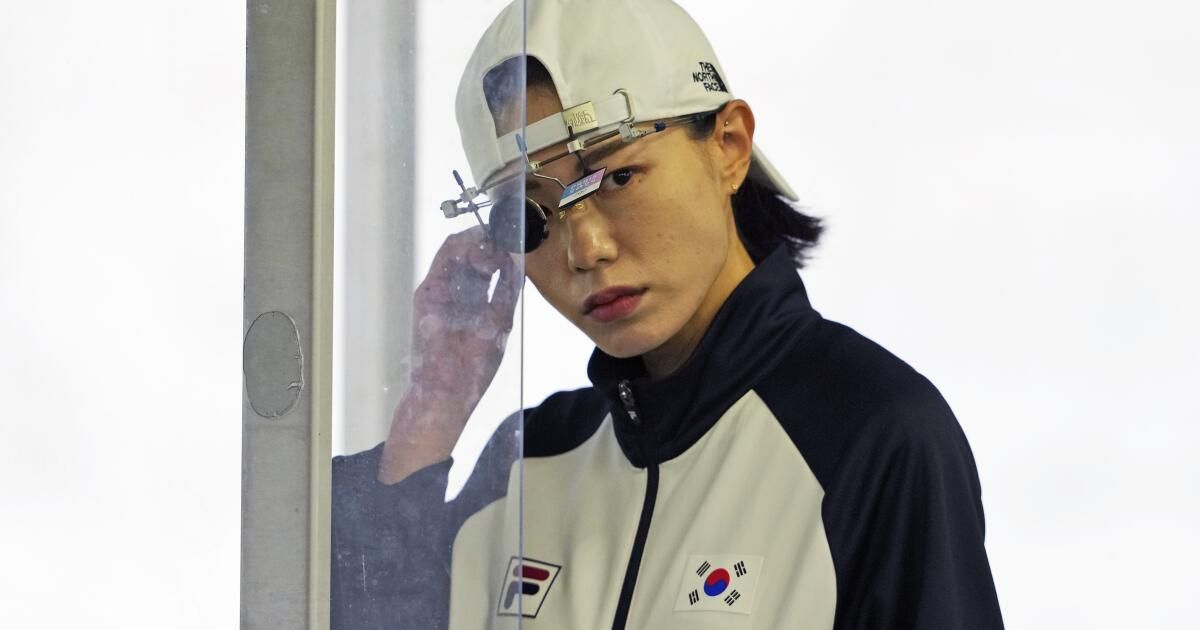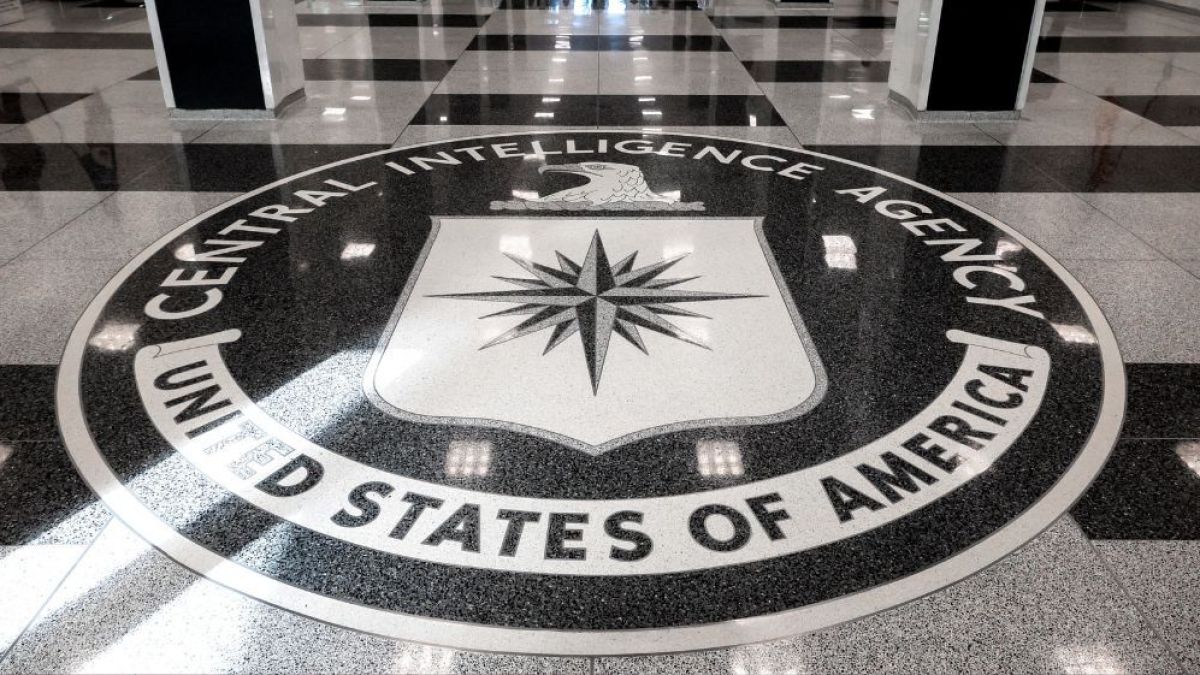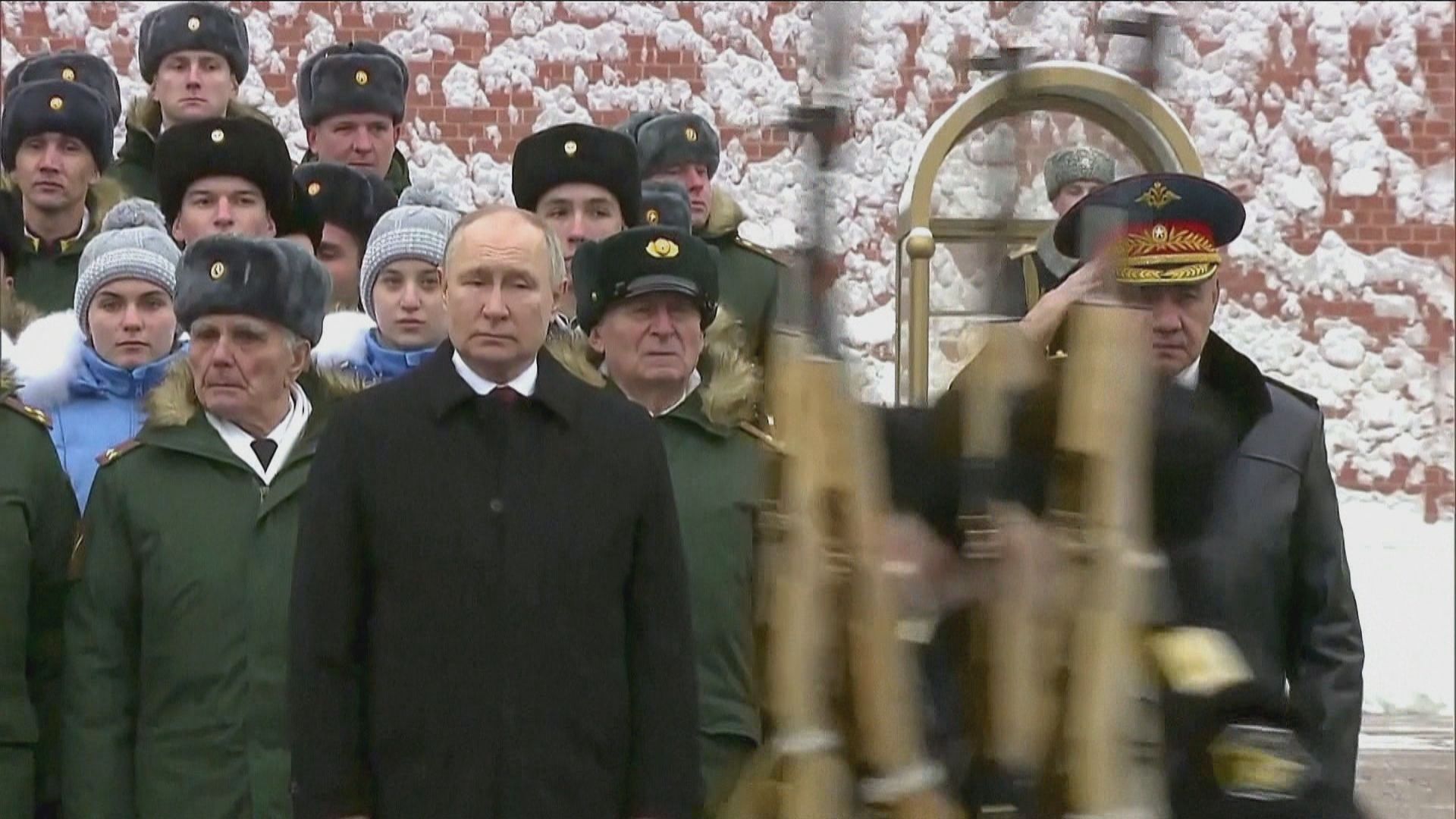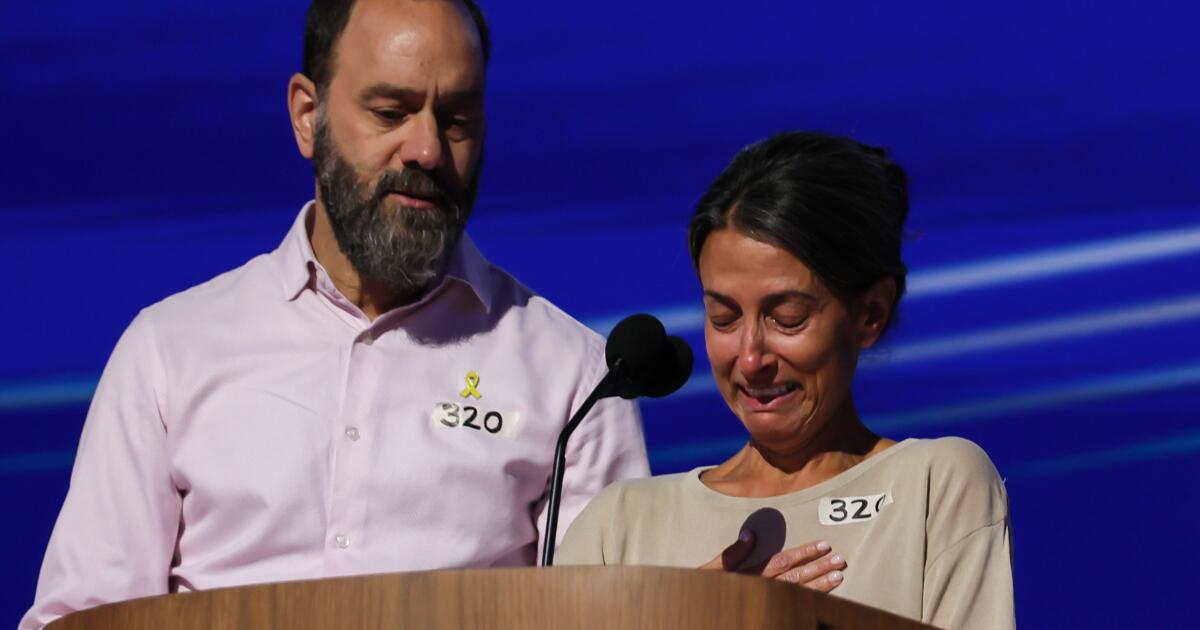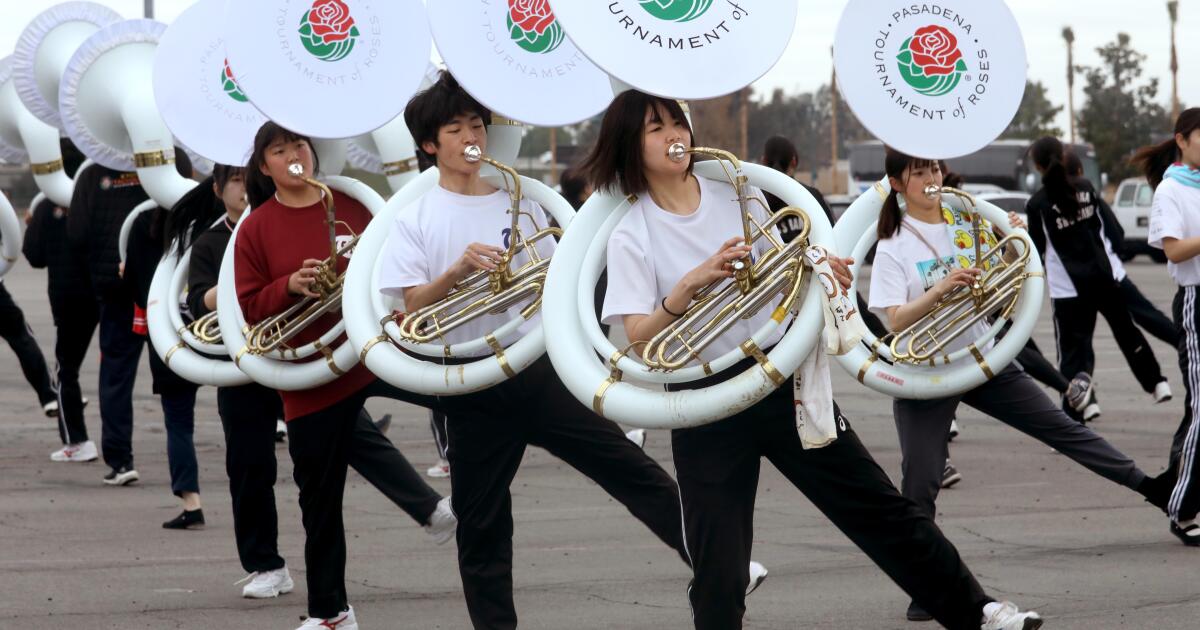A day after Kim Ye-ji won a silver medal in the 10-meter air pistol event at the Paris Olympicsshe learned that the Internet had decided she was the coolest shooter on the planet.
The reason for the sensation was a video in which the 31-year-old South Korean broke a world record in May wearing a backwards black cap, sci-fi-esque shooting glasses and a pink elephant strapped to her hip. The video inspired fan art, video montages and a suggestion from Elon Musk in X that should star in an action movie.
She was a heavy favourite for gold in the 25-metre event, but a mistake in the qualifying round (she failed to shoot in the required time of three seconds) cost her a trip to the final.
The Times spoke to Kim via Zoom from Paris about her sudden viral fame and the joys and frustrations of her Olympic debut. The interview has been edited for brevity and clarity.
How did you first discover that you had become famous on the Internet?
I'm not very active on social media. I only have about six posts on Instagram and I didn't have a Twitter account, so I didn't find out about it until much later.
The day after my 10m final, we were having dinner as a team and my 25m pistol coach said to me, “Ye-ji, I saw that you became a world star.” Then someone said that Elon Musk had mentioned me.
After that, I started going through all of my Instagram posts and DMs. I have a lot of messages saved right now because I type so slowly.
What were some of your favorite reactions?
There were many messages saying that they had learned a lot from me, that my mentality gave them hope. And others saying that I inspired them to try shooting.
I was very touched because I was so anxious. I was very encouraged by the number of people who messaged me to tell me that my interview had given them courage.
Are you referring to the interview in which you laughed at your defeat in the 25-meter qualification?
Yes. I said just because I shot a zero doesn't mean the world is going to end.
I truly believe that. I wanted to tell people that no matter how sad or demoralizing what happens today is, the sun will rise again tomorrow and everything else can go down in history books. I truly believe that words have power, so I always try to tell myself positive things. It's like brainwashing or hypnotizing myself.
But some people were upset by my reaction because they saw it as a sign that I wasn't taking the Olympics seriously.
Can you tell us about that moment when you failed to shoot within three seconds? Is that a common occurrence in this sport? What happened there?
I've made bigger mistakes in the past. You're supposed to check that your gun has emptied the empty cartridge after every shot, but I didn't do it correctly several times when I was still learning the 25-meter test. I once missed three out of five shots for that reason.
But that was the biggest mistake I made since I joined the national team. I got greedy because I wanted the shot to be perfect. It turned out that I missed my shot by exactly 0.01 seconds.
After it happened, I felt furious with myself.
The internet has gone crazy over that video of you breaking the world record, especially because of your outfit and your “killer aura” at the time. Can you tell us a little bit about your outfit?
The eyepiece is common. Most shooters compete with a blinder on one eye to keep the muscles relaxed.
I'm not sure where the media learned that the elephant doll was a gift from my daughter, but that part is not true. It was actually a hand towel given to me by my coach because our hands get greasy from loading cartridges into our guns. It's a very handy piece of equipment.
Same with the hat. I wear it to keep my hair out of my face. I wear it forward when the lights are too bright, but backwards otherwise because it helps keep the eyepiece in place.
Kim Yeji of Team Korea Republic shoots during the women's 10m air pistol final on day two of the Paris Olympic Games on July 28, 2024 in Chateauroux, France.
(Charles McQuillan/Getty Images)
One of the most striking things about the video was how unfazed he seemed after breaking a world record.
I checked the score and knew I had broken the world record. But my reaction at the time was more like, “Okay. It's done. Now let's get ready for the next one.”
Shooting is a very specialized sport, especially in South Korea. How did you get into it?
I started when I was in sixth grade. Our gym teacher at the time was also the coach of the shooting team, something I didn't know at first. Then one day, he said to the class, “Who wants to shoot a gun? Raise your hand.” I was curious, so I raised my hand.
Later, at the shooting range, I saw some of the older students practicing. They looked great, so I told him I would join the team.
She told me to ask my parents for permission, but when I asked them, they were totally against it. But since I am a very stubborn person, I refused to eat and cried for three days until they agreed.
From day one I told myself that I had to be the best.
How were you so sure, especially at that age?
I was captivated by the pose and image of shooting a gun. I really wanted to do it because I thought it was fun. But it wasn't just the act of shooting that looked cool. I was attracted by the idea of a team working together for a common goal.
Was your aptitude for shooting immediately apparent?
Yes, I was always told I had a natural gift for it.
I've always been a very sleepy person, so I used to take naps between sessions. And then when my coach would wake me up and say, “Go and beat that record,” I would wake up and get a ridiculously high score.
What is the most essential quality that makes a good shooter?
It would be a matter of serenity and concentration. You have to be able to immerse yourself completely.
I saw it in an interview With one of your coaches, you said you were taking about 300 practice shots each day, compared to the average of 150. I think a lot of people can't understand what that's like.
Shooting is a sport where you focus on one thing and do the same action over and over again. Doing it 300 or 400 times a day has an interesting effect on you.
The most important physical symptom is the swelling in the shoulder from lifting it so much. But the most significant is the mental exhaustion. It is enough to immediately pass out in bed at the end of the day.
I think anyone who has done non-specialist work could relate to this. It is incredibly mentally demanding, but once you get into the process and lose yourself, the time flies. The fun and beauty of it lies in poring over the small details and the feel of the gun recoiling in your hand.
Elon Musk has hinted at the possibility of you appearing in a movie. If a studio or producer offered you a cameo as a sniper, perhaps in a John Wick-style action film, would you consider it?
I haven't given it much thought. I've already been asked to appear on TV, but I don't know. Overall, I think I need to focus on my main commitment, which is filming. And I also feel that people want to see Kim Ye-ji as the shooter, not another version of me.
But I'm still grateful to Elon Musk for helping put photography in the spotlight.
You've already said that you have your sights set on the 2028 Olympic Games in Los Angeles.
These Olympics are a turning point in my life. I have realized that there is still a lot I can improve. That is the most significant lesson I have learned from this occasion.
Until now, I thought I was a perfect shooter with no weaknesses to work on. And I think that's part of the reason I made the mistake I did.

